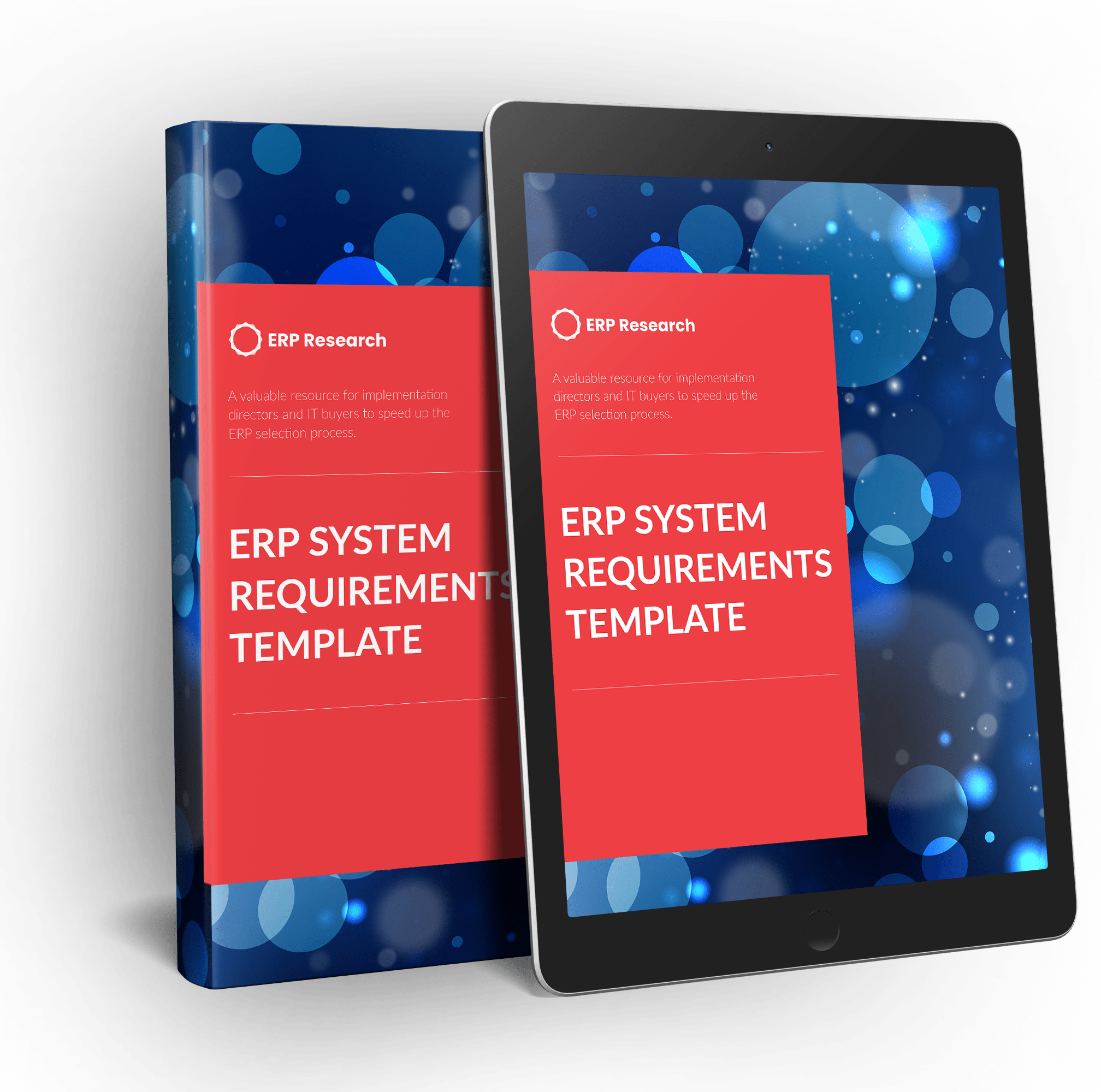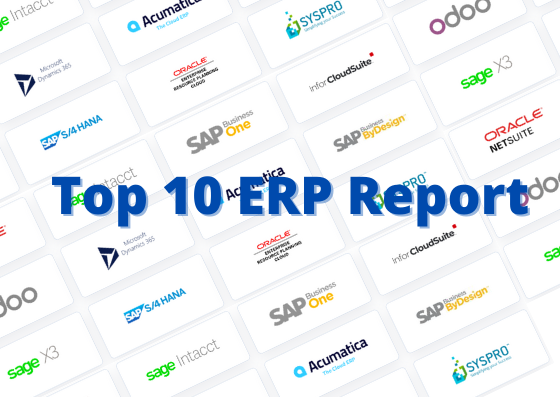SAP Business One for Ecommerce Guide, Cost & FAQ
See our full independent overview of SAP Business One for ecommerce including key features, costs and much more.

ERP Software Analysis
SAP Business One for Automotive
DOWNLOAD SAP BUSINESS ONE GUIDE GET DEMO & PRICING
Featured in:
Top 10 Manufacturing ERP Report
Build your ERP requirements list
Use our requirements wizard to define what you need from an ERP system — then compare vendors based on your criteria.
SAP BUSINESS ONE FOR ECOMMERCE GUIDE
What is SAP Business One for Ecommerce?
SAP Business One for Ecommerce is a specialized version of SAP Business One, an integrated business management solution designed for small to medium-sized businesses. The Ecommerce version includes all the features of the standard solution, with additional modules and functionality tailored specifically for eCommerce businesses.
Some of the key benefits of SAP Business One for Ecommerce include:
-
Enhanced inventory management: The system offers real-time inventory management, allowing businesses to track inventory levels in real-time and avoid stockouts, overstocking, or backorders.
-
Streamlined order management: SAP Business One for Ecommerce provides a centralized view of all customer orders, order statuses, and order history, enabling businesses to manage their orders efficiently.
-
Automated order fulfillment: The solution allows businesses to automate their order fulfillment process, reducing manual errors and improving delivery times.
-
Personalized customer experience: SAP Business One for Ecommerce provides a complete view of customer data, including purchase history, preferences, and behavior, allowing businesses to personalize their customer experience.
-
Simplified payment processing: The solution offers integrated payment processing, allowing businesses to accept payments directly within the system, streamlining the payment process and reducing errors.
-
Robust marketing and analytics: The system includes tools to help businesses create targeted marketing campaigns, analyze customer behavior, and track key performance metrics.
What features and modules does SAP Business One offer for Ecommerce?
SAP Business One for Ecommerce offers a range of features and modules tailored specifically for eCommerce businesses. Here are some additional details on each:
-
Real-time inventory management: The system allows businesses to monitor inventory levels in real-time, helping them avoid stockouts, overstocking, or backorders. It also includes features like automated reordering and barcode scanning to improve inventory accuracy and efficiency.
-
Order management: SAP Business One for Ecommerce provides a centralized view of all customer orders, allowing businesses to manage their orders efficiently. It also includes features like automated order processing, order tracking, and returns management.
-
Automated order fulfillment: The solution includes features like automated shipping, order picking, and packing to streamline the order fulfillment process. This can help businesses reduce errors and improve delivery times.
-
Customer data management: SAP Business One for Ecommerce provides a complete view of customer data, including purchase history, preferences, and behavior. This can help businesses create personalized marketing campaigns and improve customer loyalty.
-
Integrated payment processing: The solution includes integrated payment processing, allowing businesses to accept payments directly within the system. This can help streamline the payment process and reduce errors.
-
Marketing and analytics: SAP Business One for Ecommerce includes tools to help businesses create targeted marketing campaigns, analyze customer behavior, and track key performance metrics. This can help businesses optimize their marketing efforts and improve their overall performance.
How much does SAP Business One for ecommerce cost?
The cost of SAP Business One for Ecommerce can vary depending on several factors, including the number of users, the specific modules needed, and any customization or integration requirements.
Generally, SAP Business One for Ecommerce is priced as a subscription-based service, with pricing based on a monthly or annual fee per user. The cost per user can vary depending on the level of access needed (e.g., full access, limited access, read-only access).
In addition to the user-based subscription fee, some providers may also charge implementation and support fees. Implementation fees can vary depending on the complexity of the implementation and the level of customization required. Support fees may be charged on an ongoing basis, and can vary depending on the level of support required.
DOWNLOAD FULL GUIDE TO SAP BUSINESS ONE
Get SAP Business One Pricing & Demo
Let us know how many users you need and we'll be in touch to provide a quick, hassle free Acumatica cost estimate and arrange a personalized demonstration.
Start Your SAP Business One Evaluation
ERP Evaluation
ERP Requirements Template
Download our free ERP requirements template to speed up your ERP evaluation process.
ERP Whitepaper
Top 10 ERP Report
See which ERP software made our Top 10 ERP report.
Have questions about this topic?
Our ERP experts can help you find the right solution for your business.


